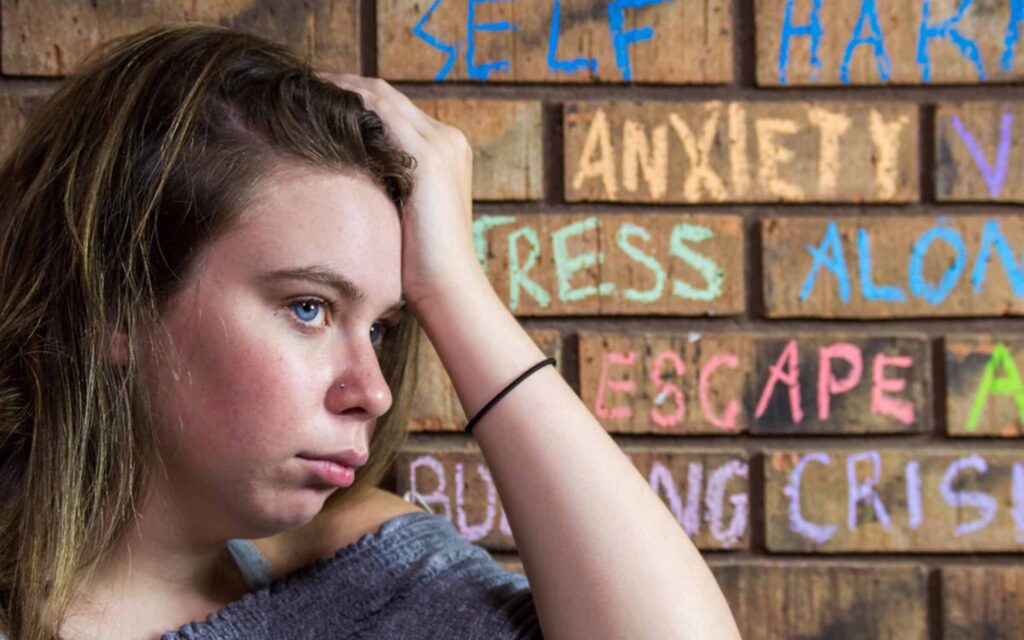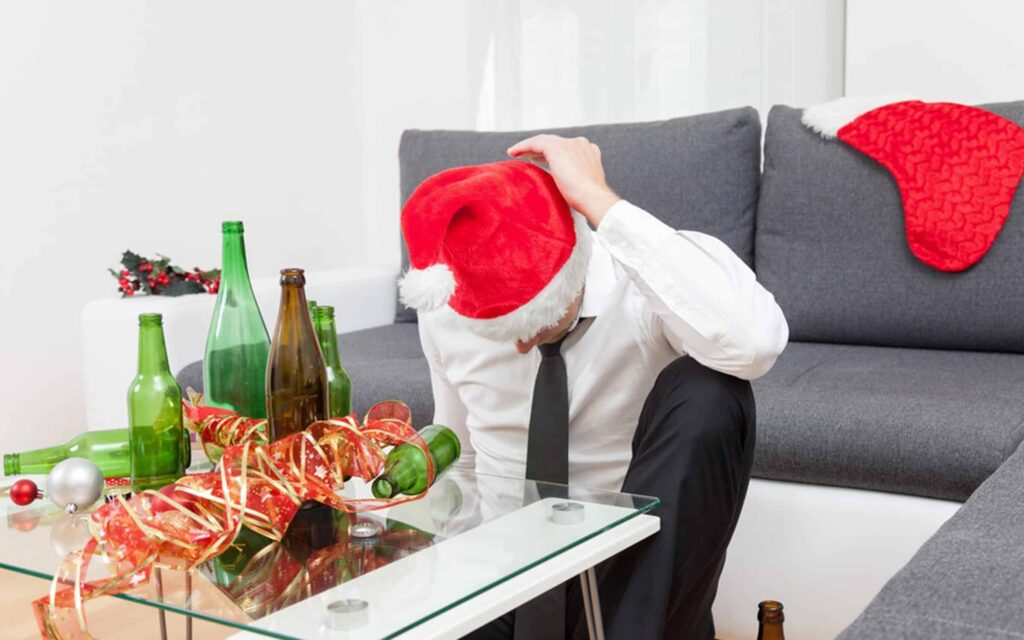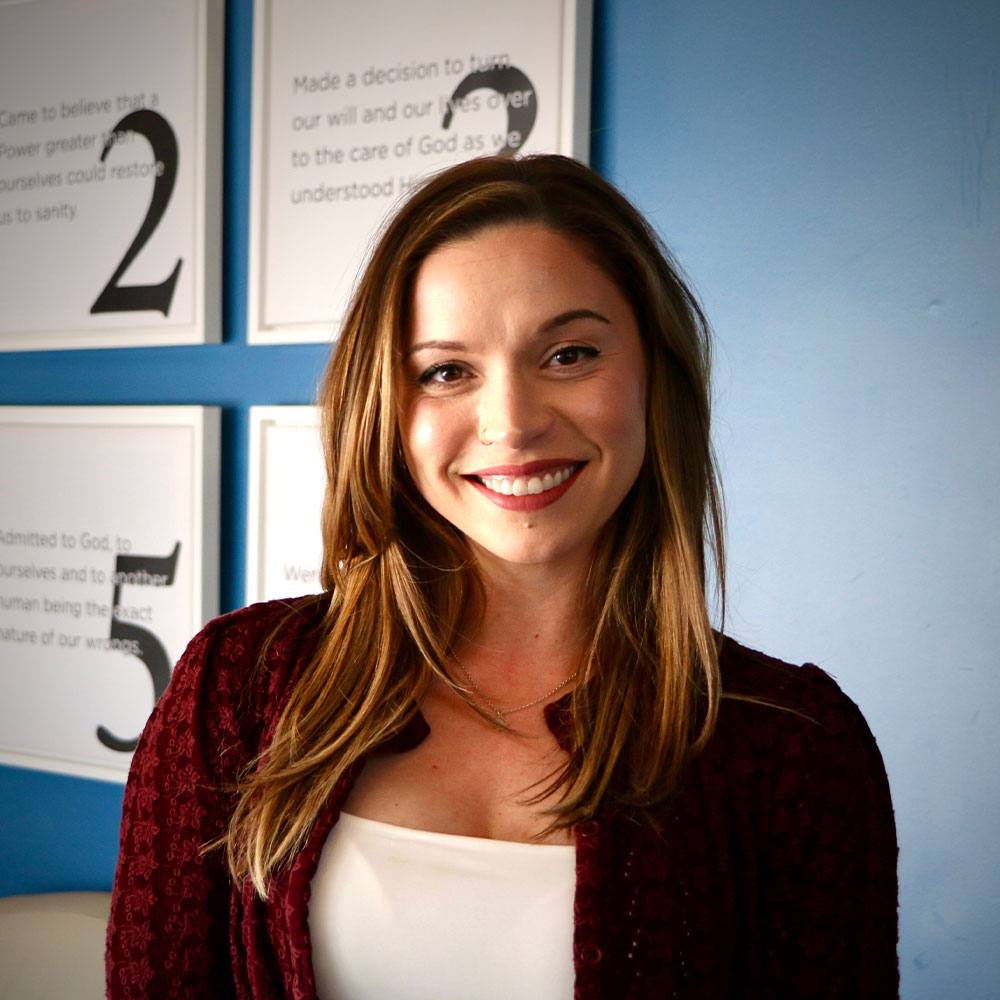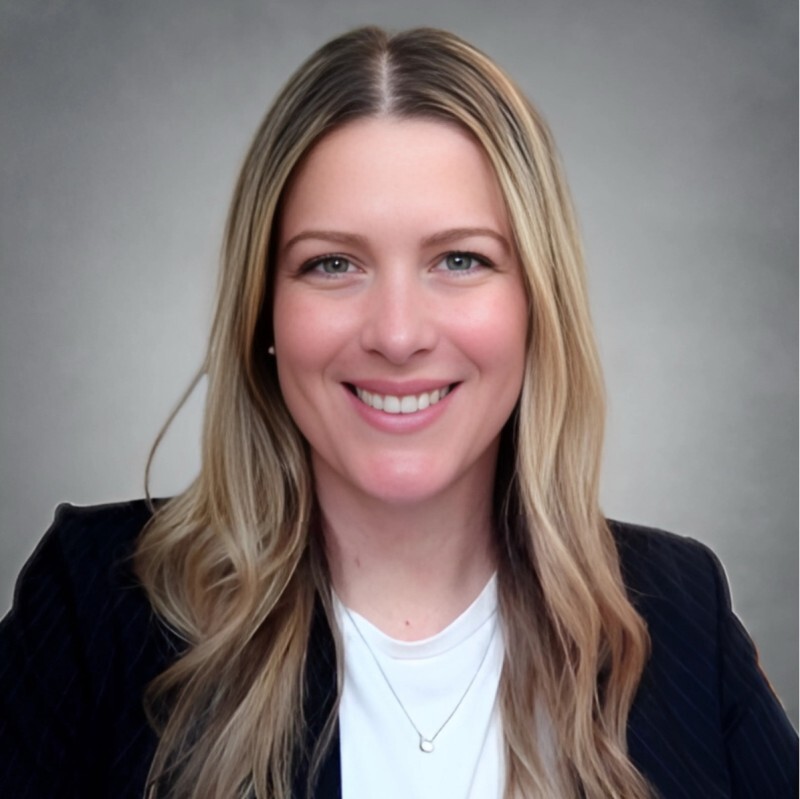The summer months are typically when people party hard and let loose. For many young adults, the end of summer signifies returning to school or work and returning to the grind. However, for those addicted to drugs, the party lifestyle may continue for a few weeks before they feel lonely and isolated.
One of the reasons why addicts may find themselves feeling worse in the fall and winter months is because of seasonal affective disorder (SAD). SAD is a type of depression that becomes more pronounced in winter. It is characterized by symptoms like:
- Feeling major depression
- Having low energy levels
- Feeling irritable or agitated
- Experiencing a decrease in appetite or weight loss
- Having problems sleeping
- Feeling sluggish or slowed down
- Feelings of hopelessness
- Fatigue
- Irritability
- Thoughts of suicide
- Increased sensitivity to social rejection
As sunlight diminishes during fall and winter, people with SAD may also find their symptoms worsening. This is because sunlight helps boost serotonin levels, a chemical in the brain that helps to regulate mood. When people do not get enough sun, their bodies produce less serotonin. This can lead to feelings of depression, irritability, and fatigue.
People also experience SAD due to increased levels of melatonin. Melatonin is a hormone that regulates sleep and wake cycles. When it is dark outside, the body produces more melatonin, making one feel tired and sleepy.
Lastly, the underproduction of Vitamin D can cause depressive symptoms to arise. Vitamin D is produced when sunlight hits the skin.
Seasonal affective disorder affects a lot of people. According to the American Family Physician, about 4-6% of the population experiences winter depression every year. And another 10-20% of people experience a milder form of winter blues. Risk factors for SAD include:
- Age: The disorder is most common in young adults.
- Sex: Women are more likely to experience SAD than men.
- Family history: If you have a family member with SAD, you are more likely to experience it yourself.
- Climate: People who live in areas with long, dark winters are more at risk for SAD.
- Personal history: If you have experienced SAD in the past, you are more likely to experience it again.
- Existing mood disorders: People with bipolar disorder or clinical depression are at increased risk for SAD.
Why Many People Seek Drug Recovery During Winter and Fall
The winter months can be tough on everyone, but they can be especially tough on those who are struggling with addiction. Seasonal affective disorder and anxiety about the holiday season can be a trigger for addicts.
SAD Symptoms and Self-Medicating

Seasonal affective disorder (SAD) is a type of depression that typically occurs during the fall and winter months. It often starts and ends at about the same time each year.
Most people with SAD start experiencing symptoms in the fall, and this continues into the winter months. That is one of the main reasons many people seek drug recovery. Their SAD becomes even more pronounced in the winter months as pushing them to seek help.
Another reason is that when the winter comes, and SAD symptoms become evident, some people may turn to drugs or alcohol to self-medicate. For example, they may use stimulants to counteract the fatigue they are feeling or alcohol to cope with the increased social isolation. Others may use illegal drugs or even prescription drugs to escape the negative emotions they’re experiencing.
Research on alcoholism and seasonal affective disorder found that some people with alcohol use disorders misuse alcohol seasonally, which could indicate they are attempting to self-medicate seasonal affective disorder. Other studies have shown a strong link between alcohol or drug abuse and mental health disorders.
For example, the National Institute on Drug Abuse points out that about 50% of those struggling with a mental health disorder will also experience a substance use disorder at some point. The Anxiety and Depression Association of America also found that approximately 20% of Americans with substance use disorder also struggle with mood or anxiety disorder, like SAD, and vice versa.
The increased number of addicts seeking help indicates that more people are using substances to self-medicate depression and SAD symptoms.
Coping With the Winter Holiday Pressures
For many people in recovery, the holidays are a time of increased stress and anxiety. There may be family conflict, financial pressures, and feelings of loneliness or isolation. Some people feel overwhelmed by the pressure to make the holidays perfect. Others may feel sad because they are reminded of past holidays while using drugs or alcohol.
The festive atmosphere and the pressure to be with family and friends can also trigger cravings and make it harder to stick to a recovery plan. Many people seek out drug recovery help to get through the holiday season. With the help of treatment, addicts can learn to navigate the holiday season without relapse.

Treatment Options
Fall and winter months are challenging months, especially for those struggling with addiction. The less natural sunlight and cold weather can leave one feeling sad, hopeless, and exhausted. It can also make it hard to concentrate or even sleep at night.
That is why many people turn to drugs to self-medicate. But the good thing is there are treatment options available to help addicts get through the tough times.
Drug recovery help is available in many forms, from inpatient and outpatient treatment programs to 12-step groups like Alcoholics Anonymous. No matter what level of care an addict needs, there is a treatment option to help them recover.
Those experiencing both substance use disorders and SAD should get treatment for both conditions. Some treatment options for SAD include:
- Light therapy
- Psychotherapy
- Antidepressant medication
Treatment for drug addiction includes:
- Psychotherapy
- Group therapy
- Individual counseling
- Medication-assisted treatment
If you or someone you love is struggling with addiction and SAD, help is available. Specially trained addiction counselors can provide support and guidance through every step of treatment. Do not wait to get help. Call today.







